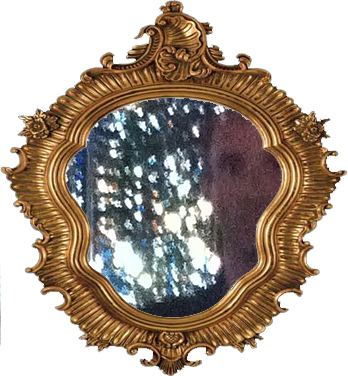Important decision-makers, such as politicians, investors and business professionals have been conditioned to trust their gut, since it got them to where they are currently. What they fail to realize is that they are outliers due to biased sampling. Many more decision-makers that relied solely on their gut ended up quite literally in the gutter, giving their gut feelings the same odds as a crap- shoot.
This type of behavior quite often results in bubbles and the Silicon Valley investment ecosystem is an excellent example. Silicon Valley has always been a virtuous cycle. One starts here, by accessing more experience and resources than are available in any other place. One begins growing faster, building a company ready for global expansion, and then doing an Initial Public Offering (IPO) or getting acquired, whichever comes first.
Once an exit happens, the system is reinforced, founders are free (after a while) to start something new, and investors have cashed in and are ready to deploy more money. Every day, Silicon Valley seemingly grows stronger and savvier, and more money is generated all around.
However, a virtuous cycle is also a self-sustaining cycle, one that often shuns input and ideas from abroad. For years, investors rejected the idea of opening up their secretive "gut feeling and personal networks" approach to venture capital.
The current modus operandi seems to be that, as long as the company checks the Silicon Valley boxes, the self-sustaining virtuous cycle is going to make the company successful and generate an exit.
Most venture capital firms now have dedicated internal resources designed to make their companies succeed and get exits, reinforcing the idea of nurture over nature in terms of picking winners.
If this sounds like a system ready for a disastrous Black Swan moment, it is. However, unlike Wall Street in 2007, the system is not a house of cards and will not crumble overnight. Due to market pressure, exits will first become harder to come by and then funds will be harder to return.
Over a period of five to ten years, Silicon Valley's monopoly on innovation may give way to a new global innovation and startup ecosystem, where both founders and investors are more geographically spread out. That, by itself is a superior way of ensuring good decision-making while spreading risk.
This is not a remote vision since the global venture ecosystem has largely already happened. Europe and Asia continue to show better venture capital figures every year and entrepreneurs increasingly cross borders to grow at all stages.
In fact, Silicon Valley has already started to look abroad for talent and no longer minds operations abroad if it makes sense for the company. However, Silicon Valley still needs to take a dose of its own medicine and begin the reinvention of venture capital itself before the markets do it for them.
Al Pacino's famous line at the end of the movie 'The Devil's Advocate' was, "Vanity-definitely my favorite sin." The realization that our gut feelings may be less valuable than we thought may give us cause to wonder what we have to offer to the party. However, by endeavoring to see past this sand trap and combining our explorative intuition with Business Analytics, such as Applied Design Science and YouNoodle, together with Big Data Analytics, we may yet effectively augment our brain's inherited capabilities.
Special thanks to Torsten Kolind for researching this article
